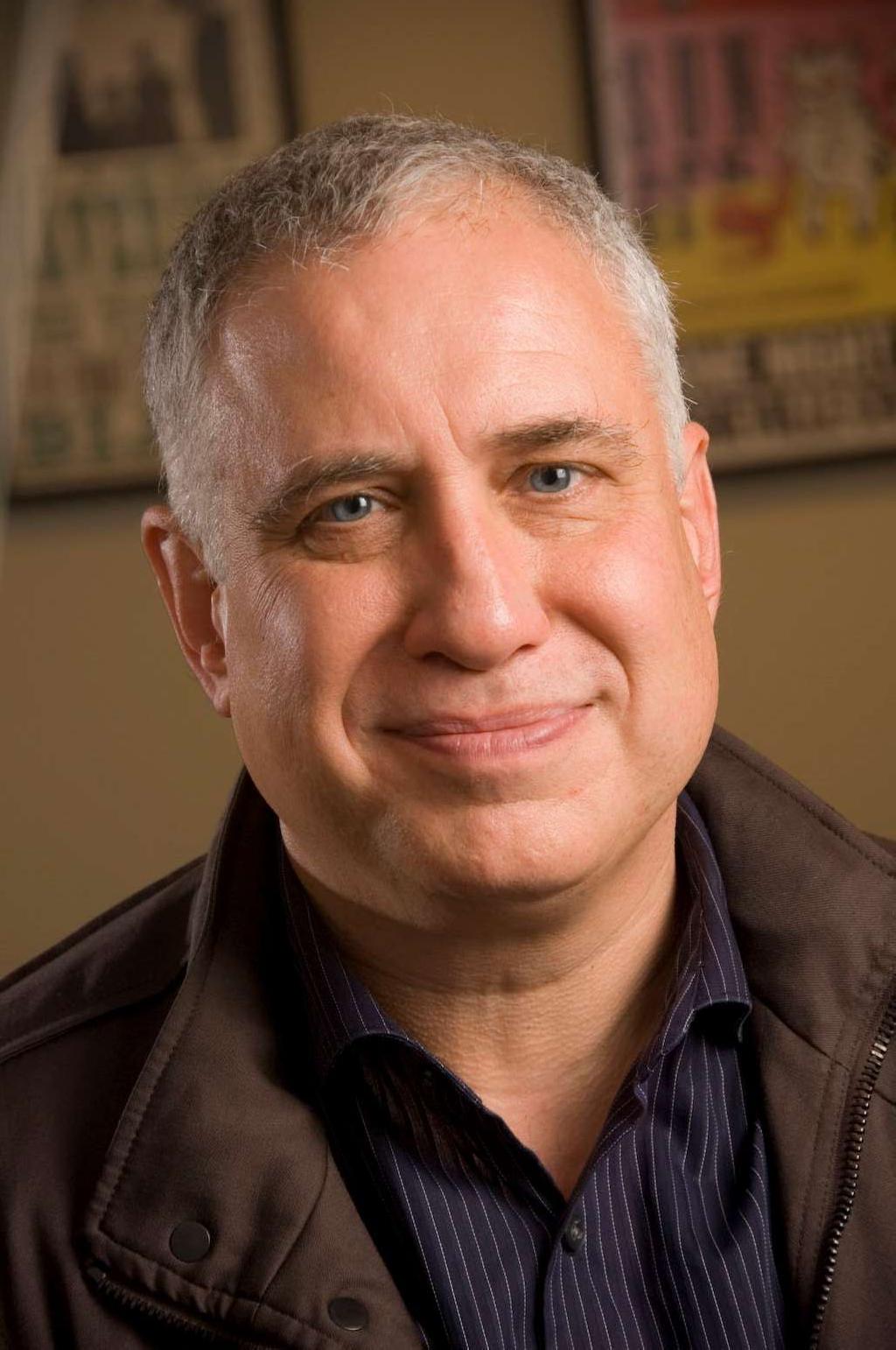Hey Big Ears! A Festival Celebrating The Avant-Garde in The Middle of Tennessee

David Simchock – The Tennessee Theatre
in Knoxville, Tenn.
Knoxville is in the middle of Tennessee, a college town that sits 120 miles west of Bristol, the birthplace of recorded country music, and 180 miles east of Nashville. Dolly Parton and Chet Atkins grew up down the road, its early radio days featured local shows starring Homer & Jethro and Flatt & Scruggs.
Clearly, it’s a perfect place for a music festival that celebrates the avant-garde…
“Being outside of a major city enables Big Ears to have a good center of gravity,” says AC Entertainment chief and Bonnaroo co-founder Ashley Capps of the annual late winter festival that this year includes the folk musician Rhiannon Giddens, jazz legend Roscoe Mitchell and the adventurous guitarist Marc Ribot as participants.
“When we first launched in 2009, the programming element was so out of the box that I remember getting feedback from people who were a little angry that they would have to travel to Knoxville [to see these acts]. Once they got here, they loved it and totally got why the setting worked so well.”
The Big Ears festival, which runs March 22 to 25 in 10 music venues and a movie theater where a concurrent film festival is held, has definitely found its audience. A month out, sales of passes, ranging from $200 to $600, were up 14% and single day tickets ($54.50 to $99.50) were up 300%. For the first time, Capps believes they’ll be posting a sold out notice, capping sales at about 20,000 tickets. (That’s up from the 16,000 that were sold in 2017).
This year, attendees will hear, from the world of jazz, Mitchell with his trio, a tribute to Alice Coltrane, Medeski, Martin & Wood, Jason Moran with three different bands, Tyshawn Sorey Trio and Craig Taborn Quartet; saxophonist Evan Parker and trumpeter Peter Evans will each perform solo and with their ensembles.
The 30-year-old classical unit Bang on a Can All-Stars will perform three programs, and Suuns, Brooklyn Rider, Cyro Baptista, Nels Cline and Dimanda Galas are among the boundary-free artists on the bill along with Ribot, who will duet with Los Lobos’ David Hidalgo and lead his Ceramic Dog band.

null – Ashley Capps
AC Entertainment
Panels, films and free events such as Wu Fei’s Improv Game with Shanir Blumenkranz, Billy Martin and Ned Rothenberg and poetry slams are also on the docket.
“Bonnaroo and all our festivals have a similar idea behind them in that they’re about exploration, discovery, surprise,” Capps says. “Great festivals have an element where the highlights are the things you didn’t know you would experience. With Big Ears, it’s more explicit and more the core to the programming’s curation than a headliner-driven experience.
“Its an opportunity to see great influential artists who have had an impact on modern music. Those artists tend to be the stars of Big Ears even though they’re not always household names.”
Giddens will deliver a keynote address on the 24th as Big Ears expands the role of bluegrass and traditional Appalachian music in the festival; Béla Fleck, Jerry Douglas, Abigail Washburn, The Black Twig Pickers, Anna & Elizabeth, and the Sacred Harp singers from nearby Wears Valley are on this year’s bill.
“The Appalachian component, exploring our indigenous and regional culture, is exciting, “ Capps says. “I feel that when you dig deep into Southern culture, its pretty avant-garde, it’s got an edge to it. There’s been a slow integration of our culture into the festival.”
Capps, a Knoxville promoter since the 1970s, entered the festival business with Bonnaroo in 2002, which he immediately followed up with Forecastle in Louisville. The first edition of Big Ears was in 2009 with a bill that included Antony and the Johnsons and Philip Glass; they expanded in year two with The National, Vampire Weekend, Terry Riley, Bang on the Can All-Stars, the xx and St. Vincent. Then they took three years off.
Moogfest, which Capps started booking when it moved to Asheville, N.C., in 2010, ate up so much of his time that Big Ears was sidelined. It wasn’t until a local foundation inquired in 2012 about a third edition that Capps set out to revive the festival in 2014.
Two years ago, Big Ears became a 501C3 as it the organizers started exploring free public programming and educational offerings. The state and city have provided financial and marketing support to the festival as have the Aslan Foundation, the Jig and Reel and the Clayton Foundation among others.
The shift to nonprofit status has presented new opportunities, but Capps remains bottom-line conscious. “A lot is well served by our nonprofit structure and it allows to do things that would be beyond our reach,” he says. “In traditional sense, [turning a profit] is not our goal, but I am a business guy so my eye is always to run through sound business practices. The festival has always paid for itself and sometimes even a little better than that.”
Key to its success, Capps says with considerable pride, are the venues and the proximity to one another — the farthest distance anyone might travel is a 15-minute walk. They use churches, warehouses, clubs and theaters provide Capps with an opportunity to offer variety of unique experiences; a classical ensemble, he cites as an example, might play in the round in a warehouse instead of a concert hall.
“We want artists to have great sound and great presentation, whatever that might be,” he says. “The aesthetics of the performance are important to us. Turning every hall in town into a venue is not our goal. Sometimes it takes people a moment to wrap their brain around it, but once here, they get sucked into the entire thing.”
 Daily Pulse
Subscribe
Daily Pulse
Subscribe

